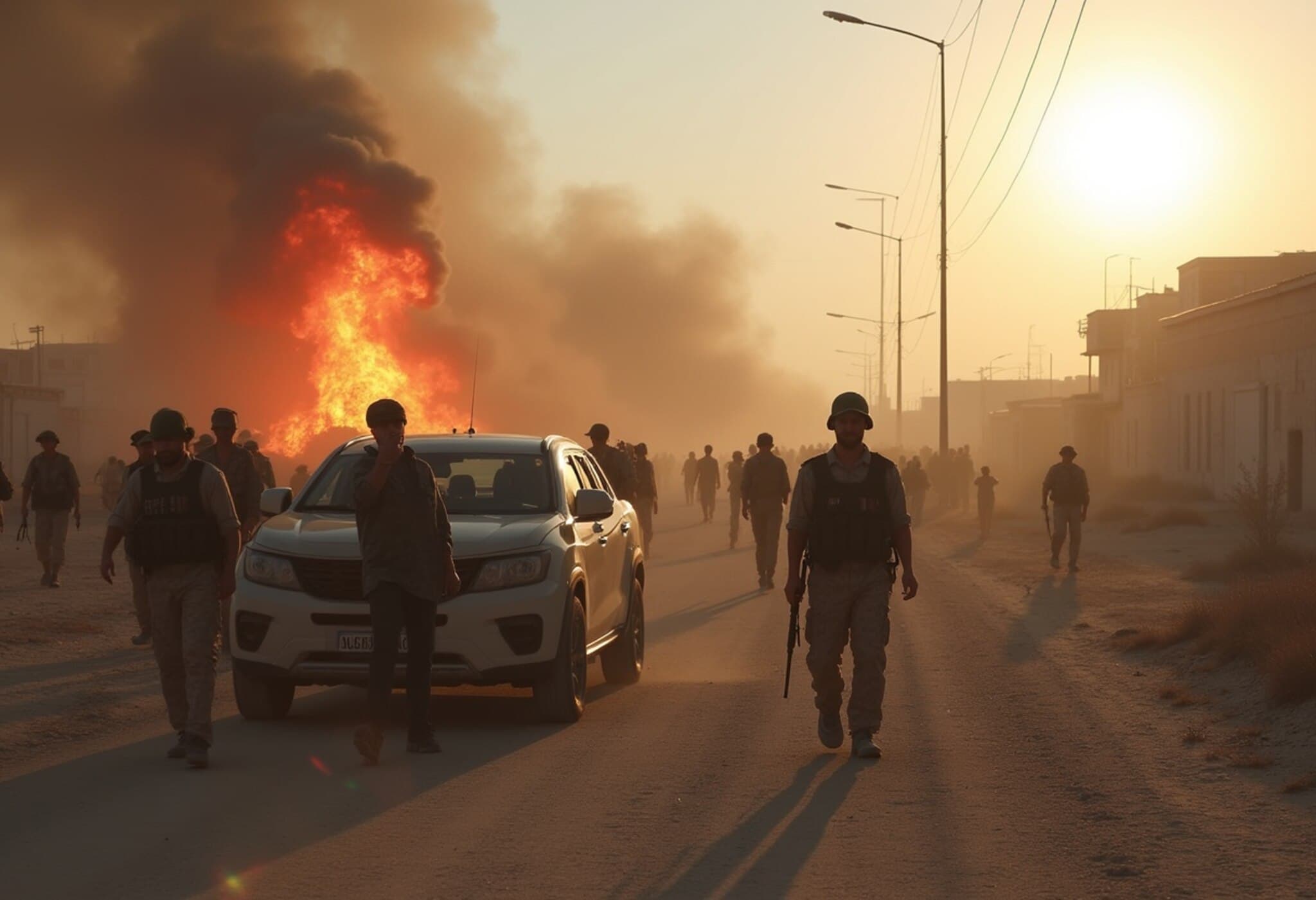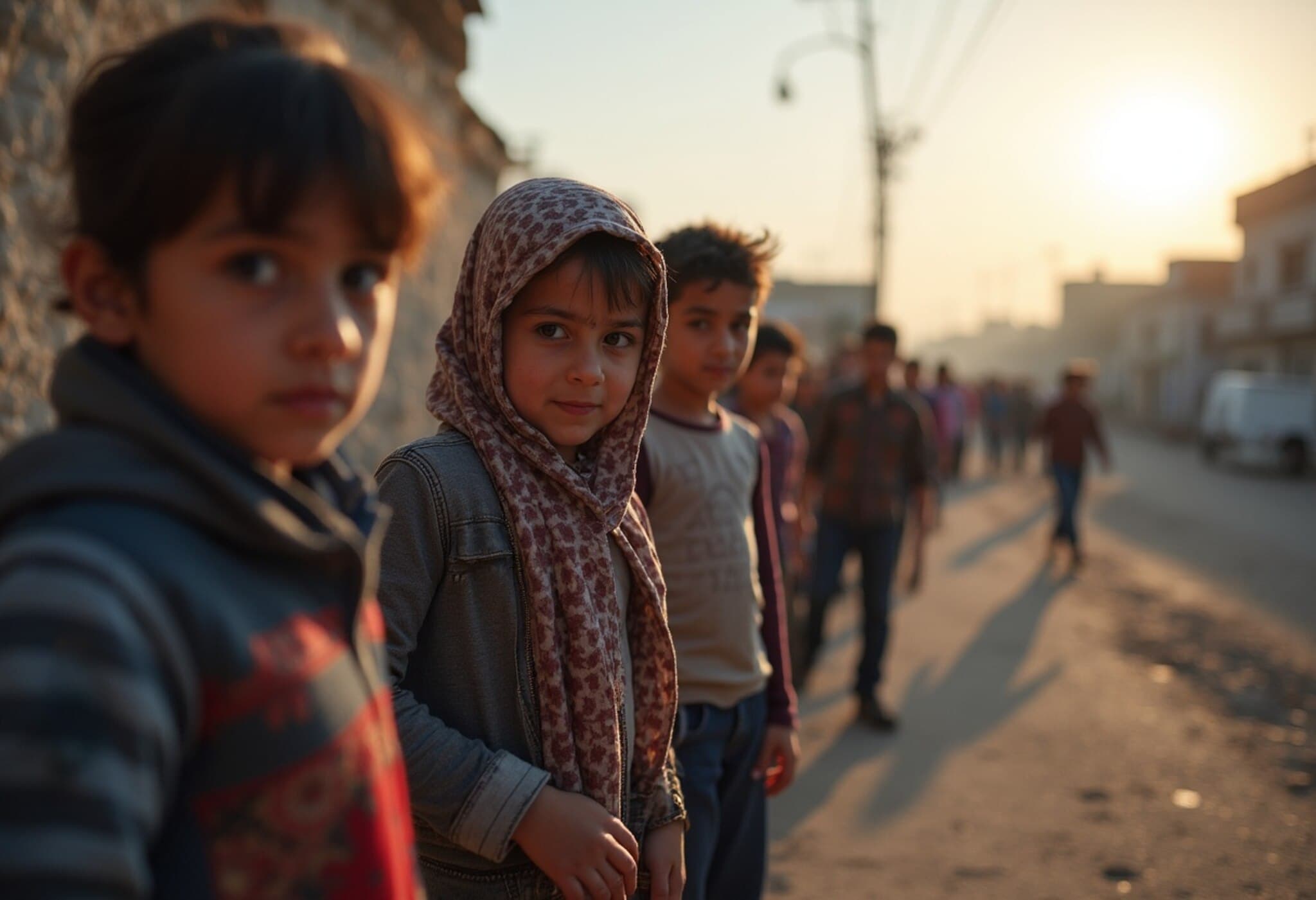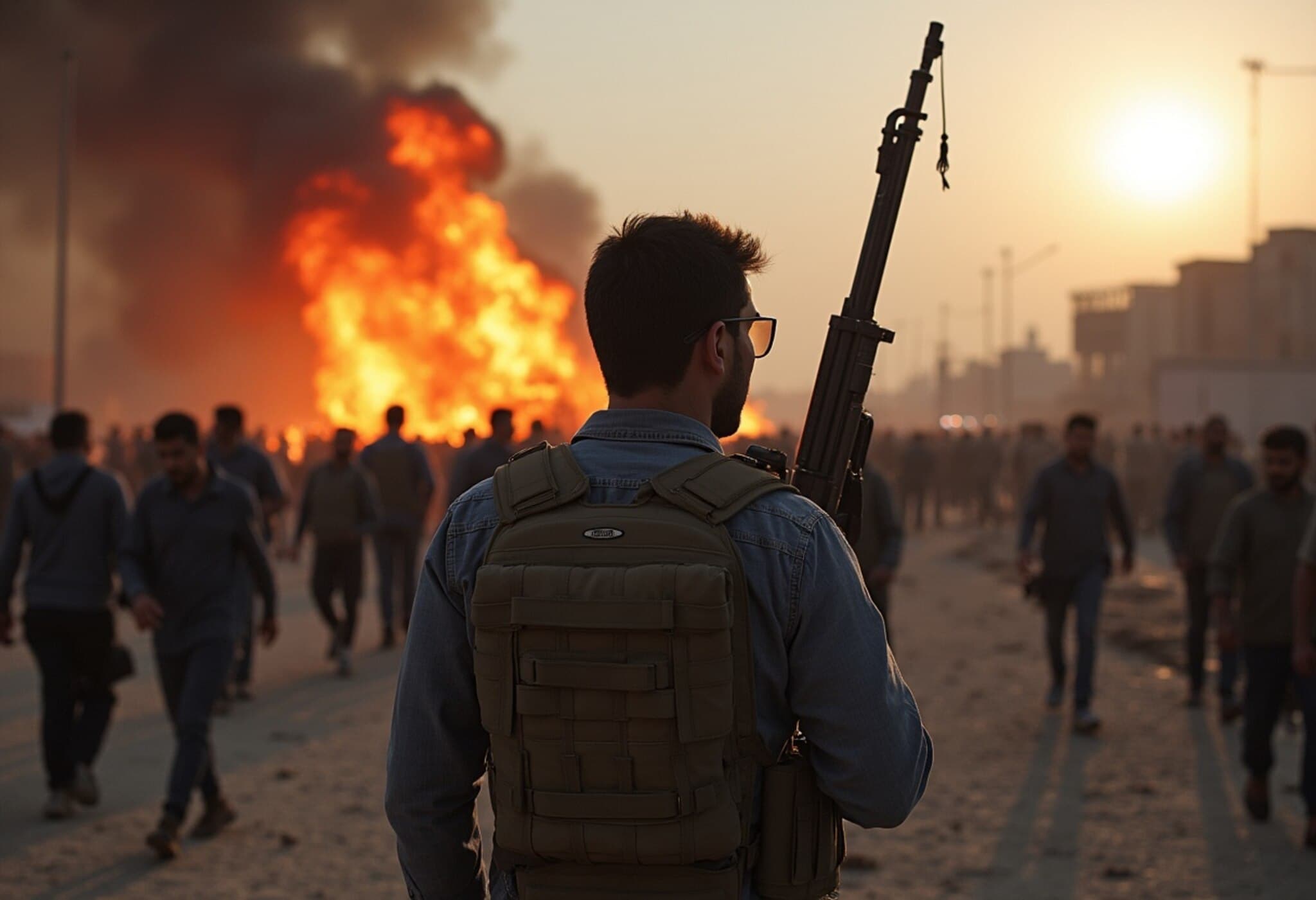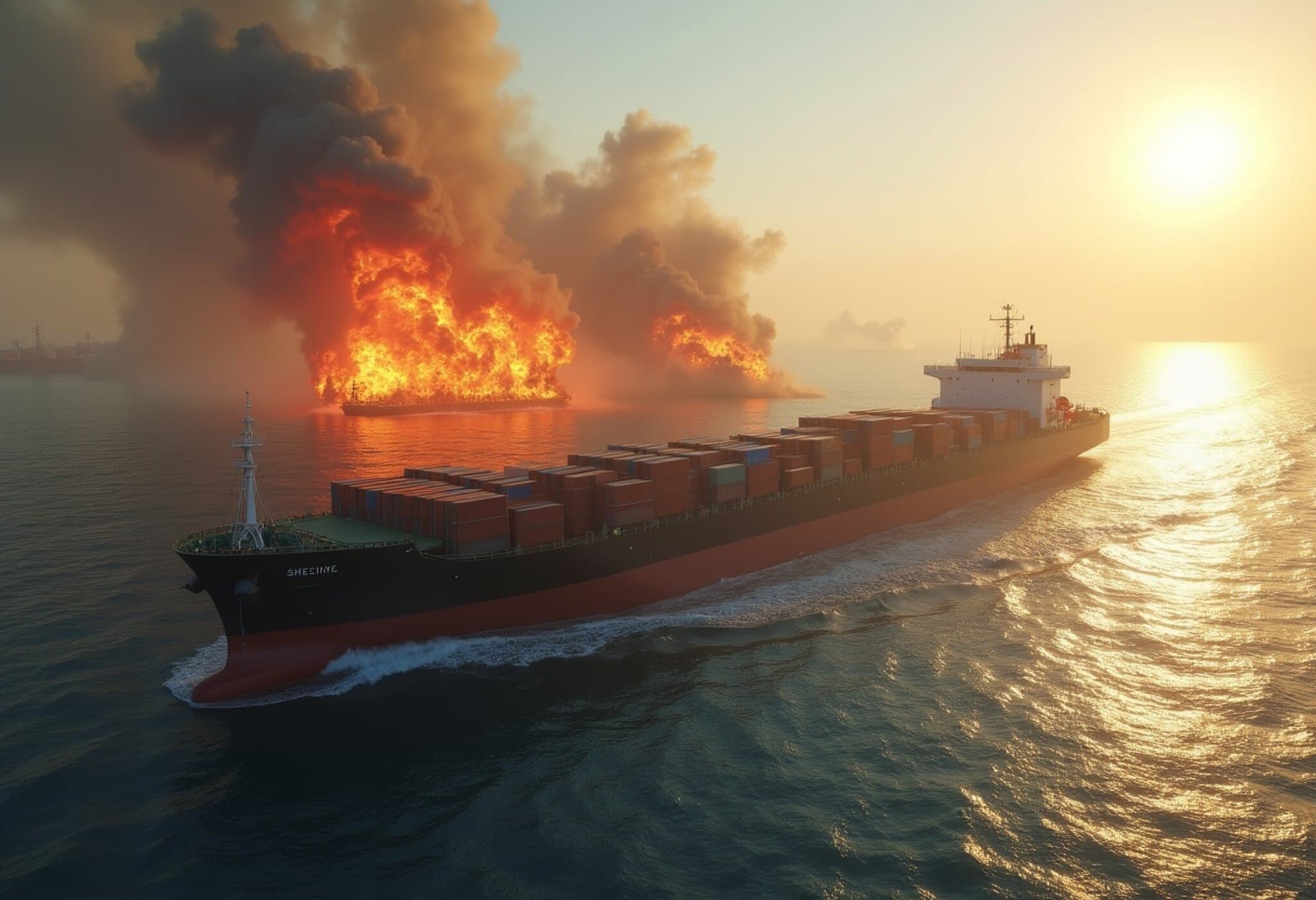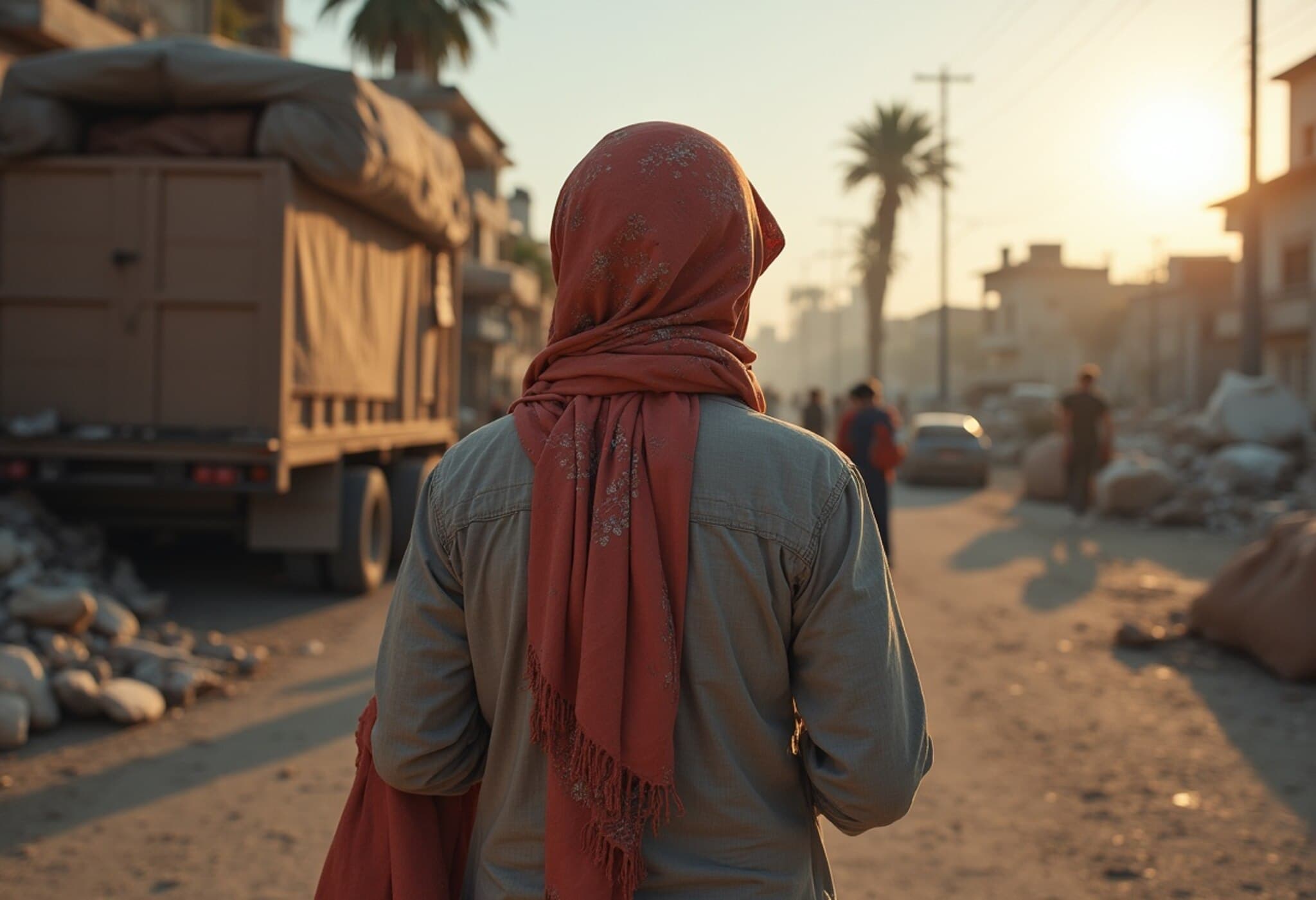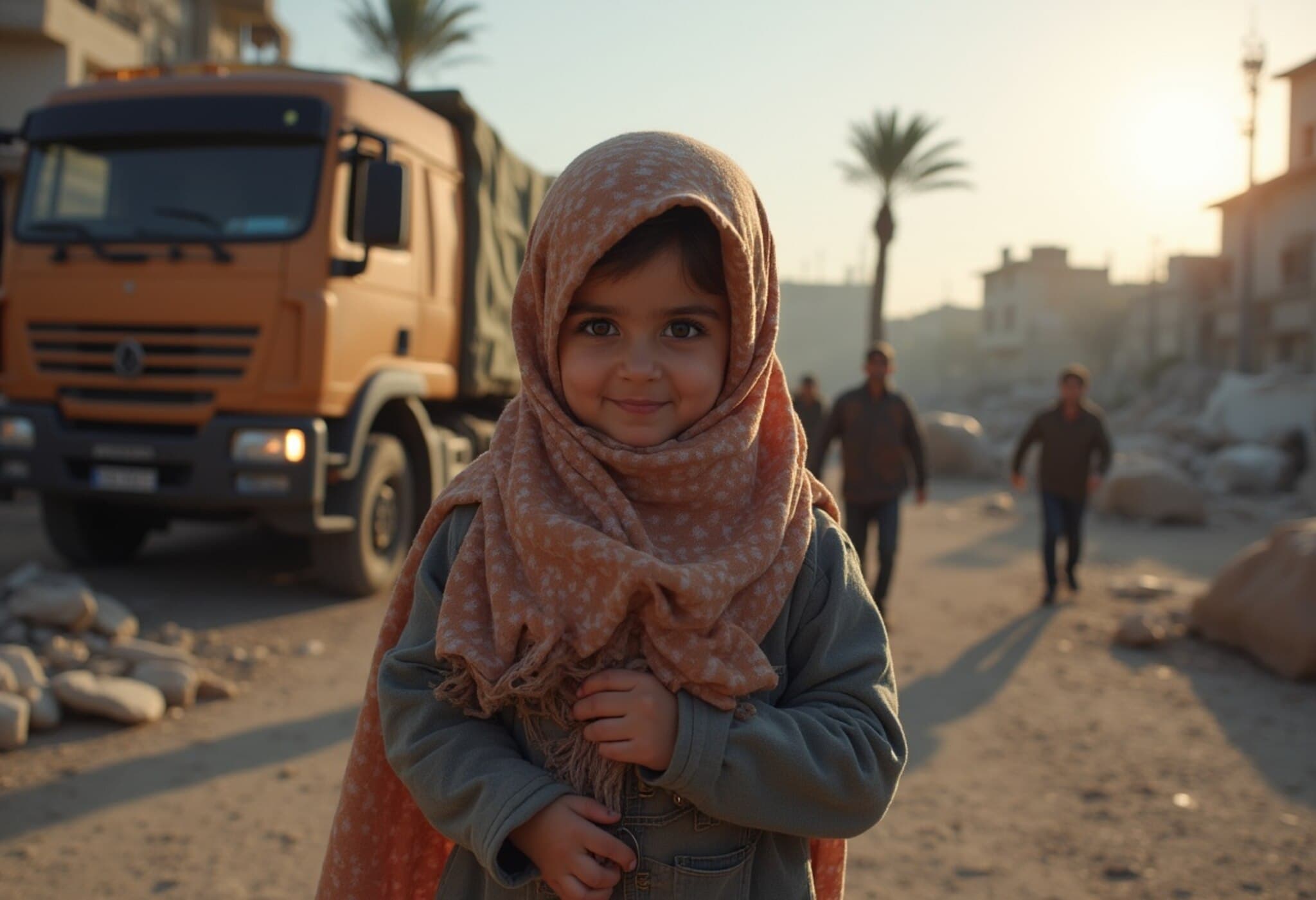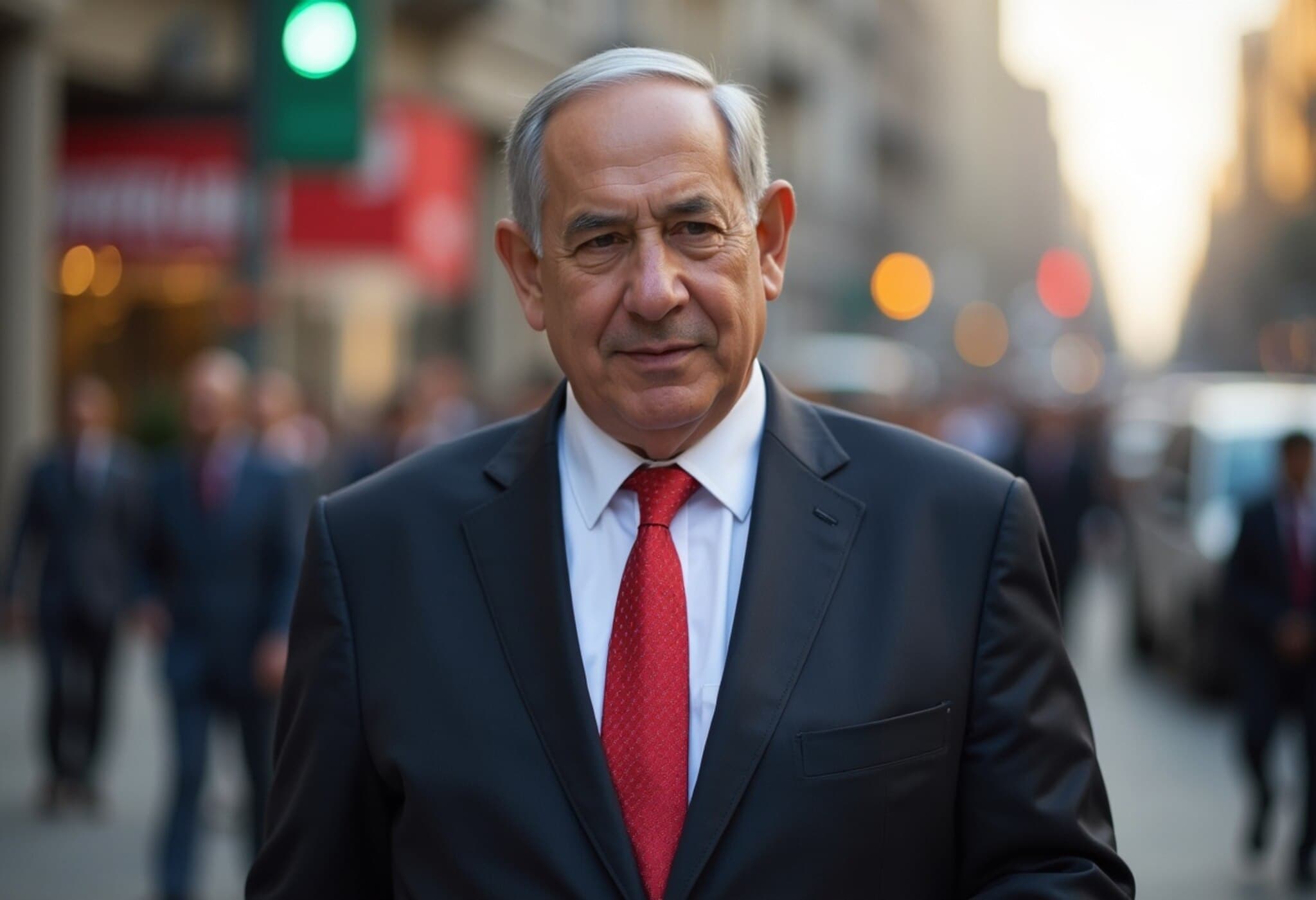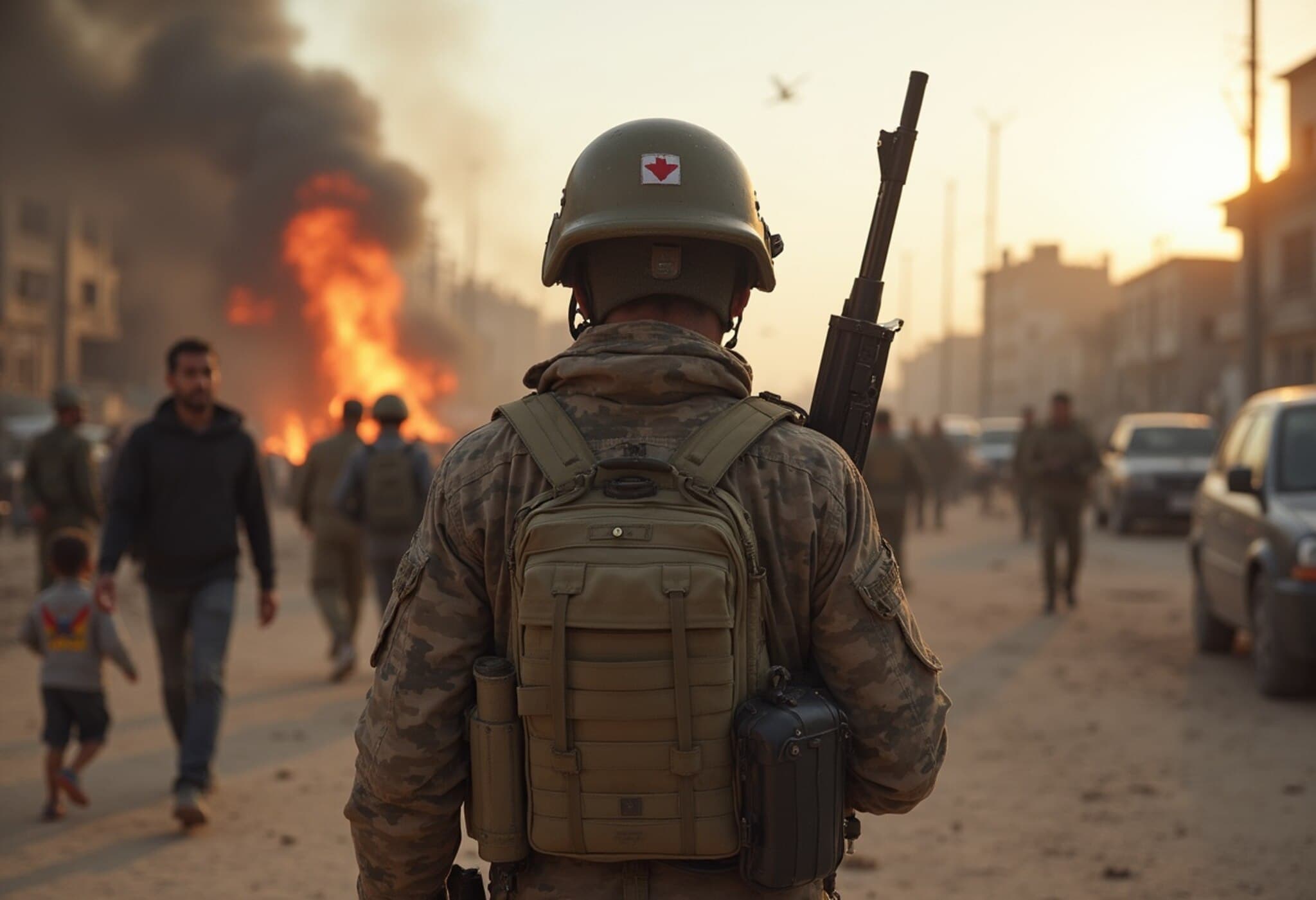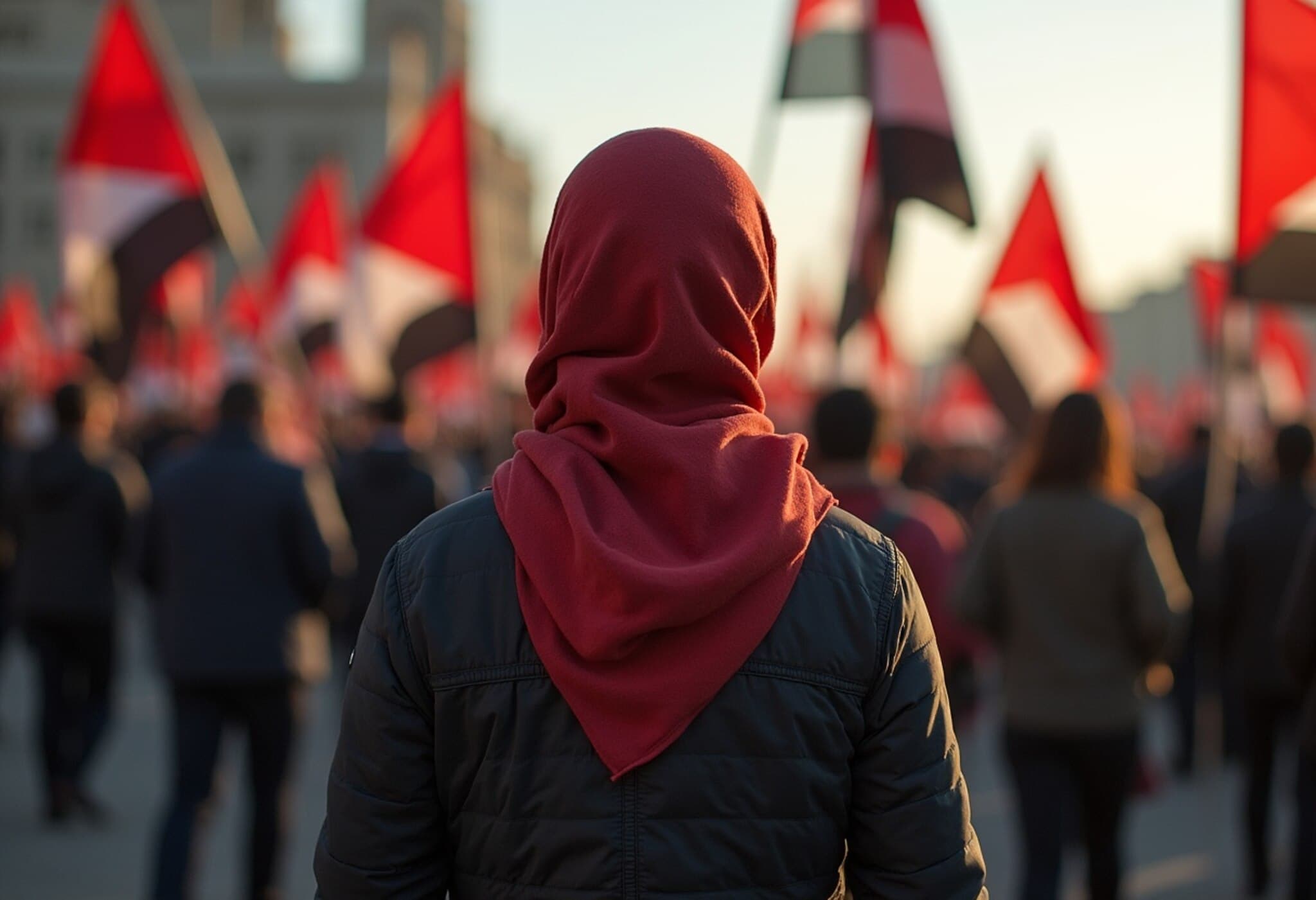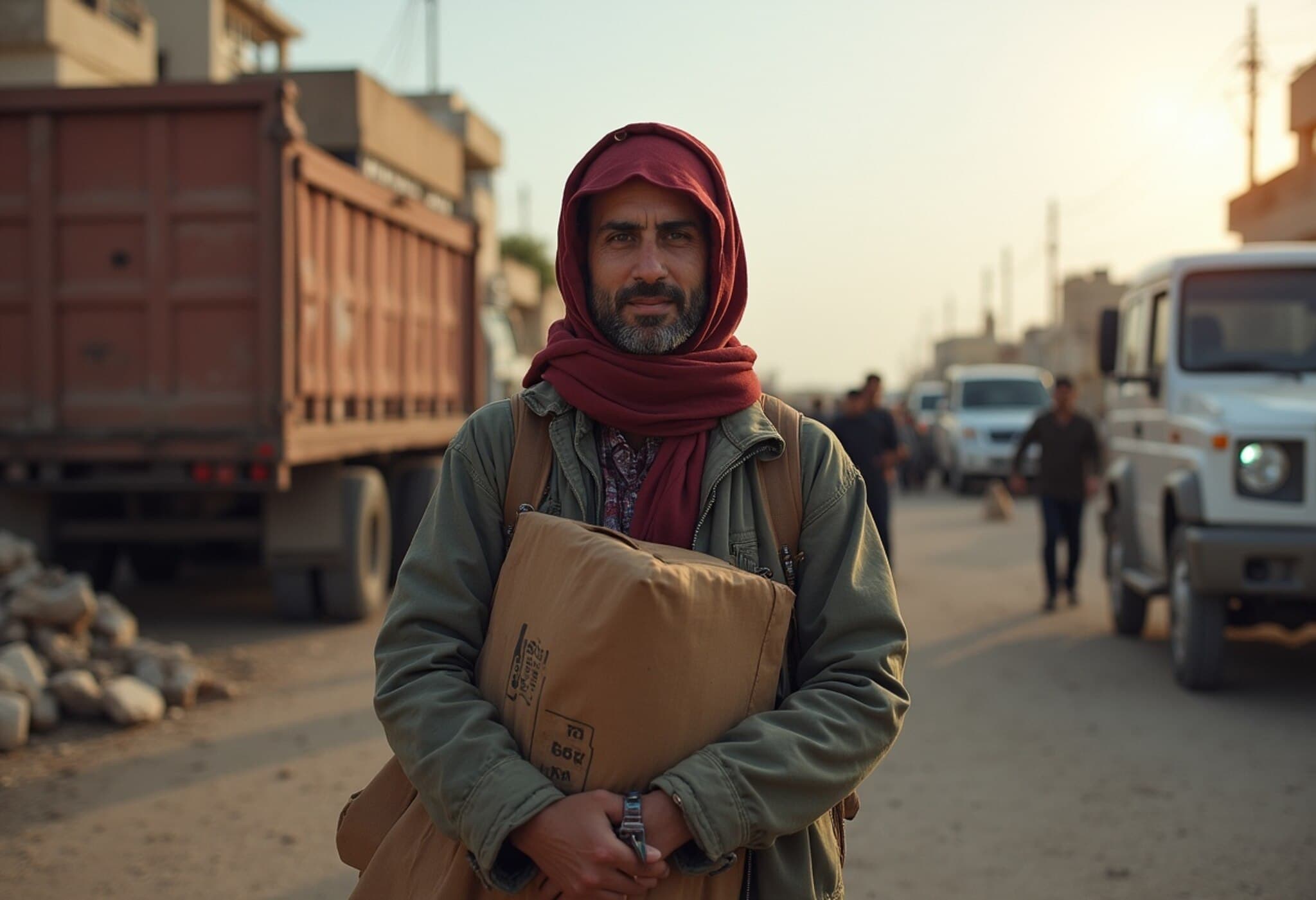Israel’s Strategic Advance into Deir al-Balah Marks New Phase in Gaza Conflict
On July 20, 2025, Israeli Defense Forces (IDF) commenced their first ground operation into Deir al-Balah, a central Gaza town previously avoided due to sensitive intelligence indicating the presence of hostages held by Hamas. This move represents a significant escalation in the ongoing conflict that has gripped Gaza for nearly two years.
Deir al-Balah: A Fraught Urban Landscape
Unlike much of Gaza, where widespread destruction has rendered areas uninhabitable, Deir al-Balah retains some of its standing structures. Its strategic location in central Gaza and its unique civilian infrastructure made it a cautious no-go zone for Israeli troops, largely out of concern for hostage safety. However, shifting military priorities have now overridden those concerns, indicating a new urgency in Israel’s campaign.
Hostage Crisis Drives Military Calculus
The backdrop to this development remains the harrowing hostage situation stemming from the October 7, 2023, Hamas attack. This assault resulted in the deaths of over 1,200 Israelis and the abduction of approximately 250 individuals, with an estimated 50 hostages still held. Israel’s operations in Gaza—now controlling about 75% of the territory—seek to pressure Hamas into releasing these hostages. However, Hamas maintains stringent conditions, demanding a full Israeli withdrawal from Gaza before considering any ceasefire or prisoner exchange.
Expert analysts note that while hostage retrieval is a critical human and national priority for Israel, military incursions into civilian-populated areas such as Deir al-Balah heighten the risk to these captives. The Hostages and Missing Families Forum has voiced urgent warnings about the deteriorating safety of those held, emphasizing the risks posed by the military activities.
Humanitarian Aid Bottlenecks Compound Crisis
Parallel to military operations, the flow of humanitarian aid into Gaza has become a contentious point. Israel recently shifted support away from traditional United Nations channels towards the US-backed Gaza Humanitarian Foundation (GHF), aiming to curb Hamas’s control over aid distribution. Critics, including UN officials, argue that this approach is insufficient and discriminatory, raising alarms about potential famine and worsening civilian suffering amidst the siege.
- Humanitarian access: Severely restricted with limited aid reaching vulnerable populations.
- International concerns: Calls for balanced aid delivery that addresses civilians' needs without empowering militant groups.
- Long-term impacts: Risk of social collapse and deepening humanitarian disasters.
Diplomatic Efforts and Stalemates
While military and humanitarian dynamics evolve, diplomatic efforts continue amid deep mistrust. Israeli Prime Minister Benjamin Netanyahu engaged with Qatari intermediaries and visited Washington to discuss potential resolutions with US President Donald Trump. Optimism remains cautious as progress has been slow, hampered by Hamas’s reluctance to release hostages without preconditions and accusations from Israeli officials that Hamas is deliberately stalling negotiations.
Hamas’s spokesperson Abu Obeida expressed growing frustration, warning that continued deadlock raises serious risks to the hostages' lives and threatens any future partial deals.
Expert Analysis: The Complex Balancing Act
From a policy perspective, Israel faces a complex dilemma: aggressively securing hostages and dismantling militant capabilities risks escalating civilian harm and international condemnation. Conversely, a delay or ceasefire without guarantees could embolden Hamas and prolong the hostage crisis.
The US and international community are challenged to mediate effectively, ensuring humanitarian needs are met while pushing for a sustainable resolution. This tension between military objectives and diplomatic imperatives underscores the conflict’s enduring complexity.
Questions for Consideration
- Can the humanitarian blockade be eased without compromising Israel’s security concerns?
- What mechanisms can realistically ensure hostage safety during ongoing military operations?
- How might shifting regional alliances influence the conflict’s trajectory?
Editor’s Note
The unfolding Israeli military advance into Deir al-Balah shines a stark light on the tragic intersections of warfare, diplomacy, and human suffering. As the conflict deepens, balancing tactical objectives with urgent humanitarian and moral imperatives remains a monumental challenge for all parties involved. For global observers, the pressing questions revolve around how to support humane outcomes amid entrenched hostilities and geopolitical complexities.

